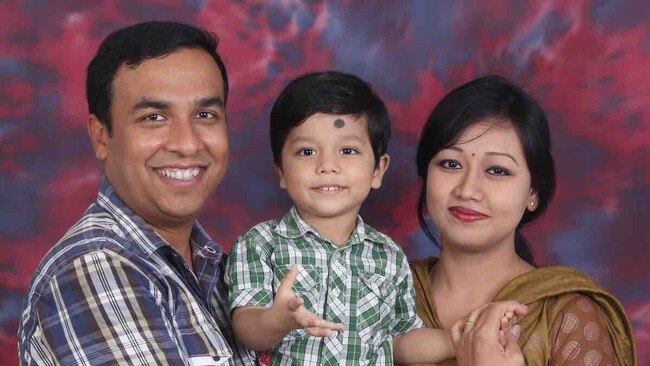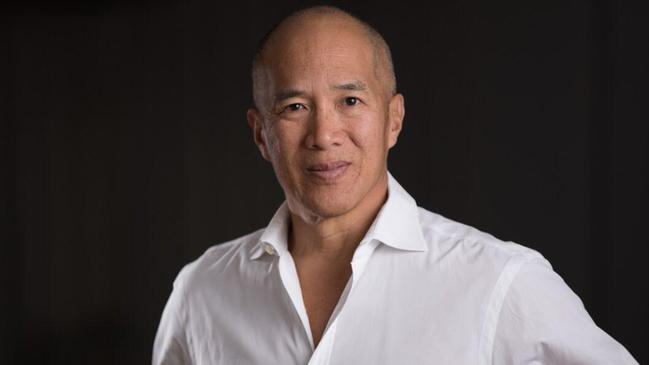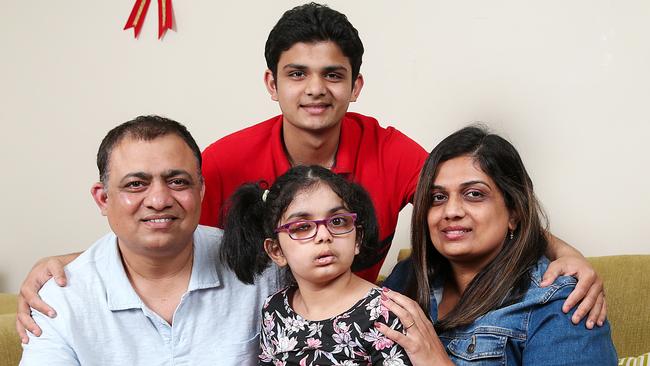UK parents turn to Dr Charlie Teo for brain cancer surgery on their terminally ill child
A BRITISH family has turned to renowned Australian surgeon Dr Charlie Teo to operate on their child who has a deadly brain tumour that is considered inoperable.
NSW
Don't miss out on the headlines from NSW. Followed categories will be added to My News.
SYDNEY neurosurgeon Dr Charlie Teo has operated on a four-year-old boy from the United Kingdom who has a deadly brain tumour that is considered inoperable.
Diffuse Intrinsic Pontine Glioma (DIPG) is the deadliest of all brain cancers. It is considered inoperable as the tumour forms in the brain stem, which controls all bodily function such as breathing and heart rate.
Children diagnosed with DIPG are given nine to 12 months to live.
Mikolaj Barman was diagnosed with DIPG on September 20 and the family crowd-funded the $83,500 required for Dr Teo to operate.

MORE FROM JANE HANSEN
DESIGNER DOG THAT COST MORE THAN CARS
HEARTBREAK OF LITTLE BOY WHO CAN’T BE HUGGED
NEW DRUG HOPE FOR KIDS WITH TERMINAL BRAIN CANCER
The surgery reportedly took place in Singapore last Thursday with the family still waiting for the outcome.
Prasanta Barman thanked those who had donated to make the surgery possible.
“With this treatment, Mikolaj’s prognosis would be excellent, and he will hopefully live a long, normal life,” crowd fund organiser Mark Huggart wrote.
Dr Teo has operated on other DIPG children in Australia.

In February 2017, Dr Teo operated on Riaa Kulkarni who was diagnosed with DIPG in 2016 and given nine months to live.
Her father Vivek said the operation cost close to $80,000 but it bought the family more time with their seven-year-old.
“She was declining but after the operation she was good for six months after. He said he got 80 per cent of the tumour, but then in July we saw more growth,” he said.
The Sunday Telegraph has campaigned for more research funds into paediatric brain cancer and DIPG after highlighting the plight of several Australian families who felt they were forced to try experimental chemotherapy in Mexico for their dying children in the face of little hope offered at home.

The Kulkarni family opted for 10 treatments in Mexico at a cost of $30,000 each when the tumour returned. Riaa is now back in Australia in palliative care because the Mexican treatment did not work.
Critics of Dr Teo say he operates on such tumours despite significant risks with little benefit, but the Kulkarni family cannot put a price on the extra time they have had with their daughter.
“The (Teo) surgery was worth it, when you have no hope, he does go beyond. As a parent I would do it again, we got good time with her, the cost is very high but parents do not have any options,” Mr Kulkarni said.
